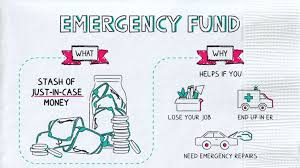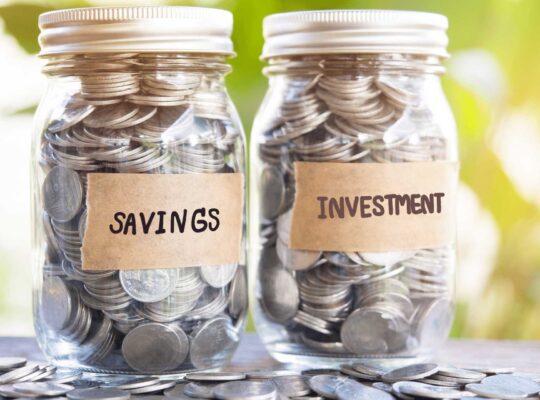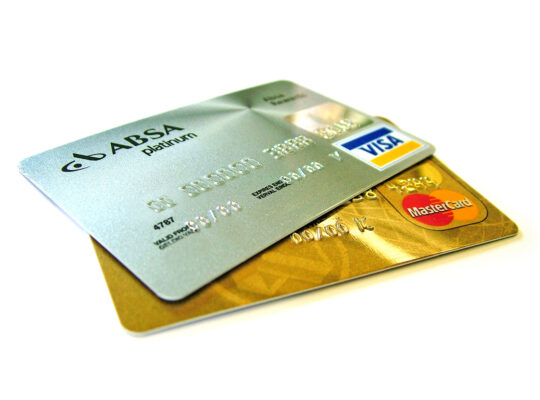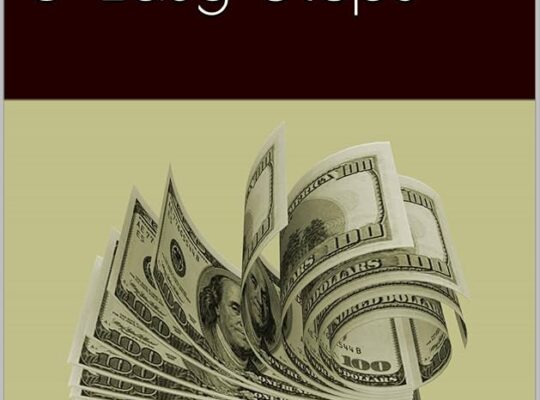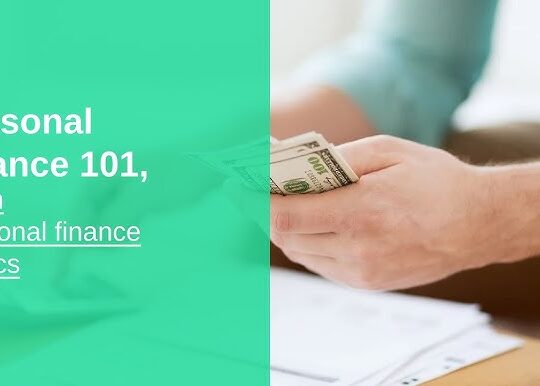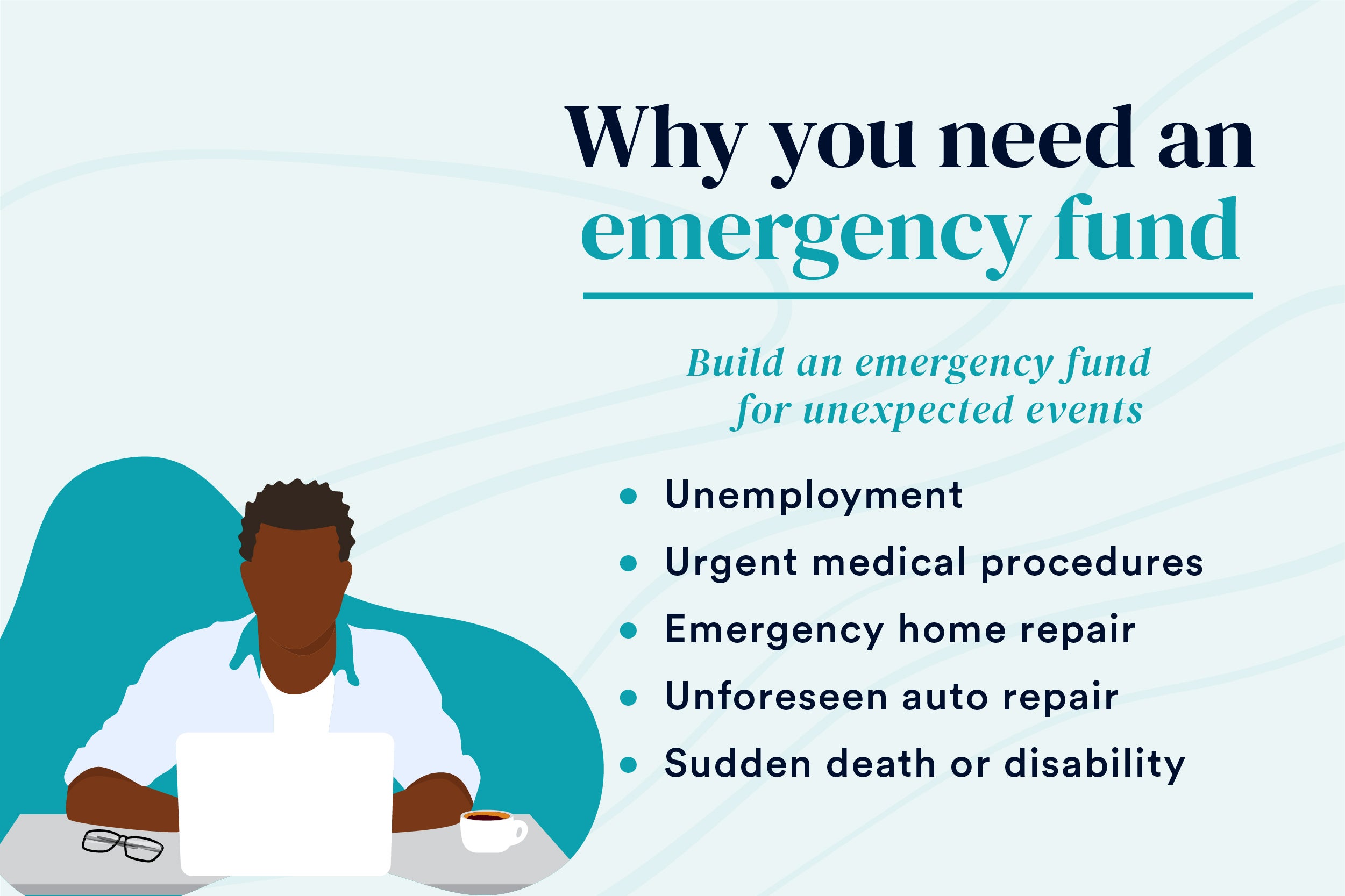
What is an emergency fund?
An emergency fund is a bank account with money set aside to pay for large, unexpected expenses, such as:
- Unforeseen medical expenses.
- Home-appliance repair or replacement.
- Major car fixes.
- Unemployment.
Why do I need an emergency fund?
Emergency funds create a financial buffer that can keep you afloat in a time of need without having to rely on credit cards or high-interest loans. It can be especially important to have an emergency fund if you have debt, because it can help you avoid borrowing more.
How much should I save?
The short answer: If you’re starting out, try to set aside an amount that would cover an important bill, say $500. But keep working your way up. You’ll want to max out at about half a year’s worth of expenses.
The long answer: The right amount for you depends on your financial circumstances, but a good rule of thumb is to have enough to cover three to six months’ worth of living expenses. (You might need more if you freelance or work seasonally, for example, or if your job would be hard to replace.) If you do lose your job, you could use the money to pay for necessities while you find a new one, or the funds could supplement your unemployment benefits.
Having savings can get you out of many financial scrapes. Put something away now, and build your fund over time.
Steps to build an emergency fund.
Where do I put my emergency fund?
Ideally, you’d put your emergency fund into a savings account with a high interest rate and easy access. Because an emergency can strike at any time, having quick access is crucial. So it shouldn’t be tied up in a long-term investment fund. But the account should be separate from the bank account you use daily, so you’re not tempted to dip into your reserves.
A high-yield savings account is a good place for your money. It is federally insured up to $250,000 per depositor, per ownership category, per financial institution so it’s safe. (Read more on how savings accounts are federally insured through the Federal Deposit Insurance Corp., or FDIC, and the National Credit Union Administration, or NCUA.) In addition, the money earns interest, and you can access your cash quickly when needed, whether through withdrawal or a funds transfer.
While a savings account is an excellent option, some people may not be able to open one immediately. If a bank closed a previous account of yours, for example, it may have reported the closure to a consumer reporting agency, such as ChexSystems. That can prevent a new bank from approving your account application. If that’s the case, you have options. You can work with the agency to resolve the outstanding issues. At the same time, consider opening a second chance checking account. After a few months building a positive banking history, you’re more likely to be able to open a solid interest-earning account.
The investing information provided on this page is for educational purposes only. Money Mentor does not offer advisory or brokerage services, nor does it recommend or advise investors to buy or sell particular stocks, securities or other investments.
